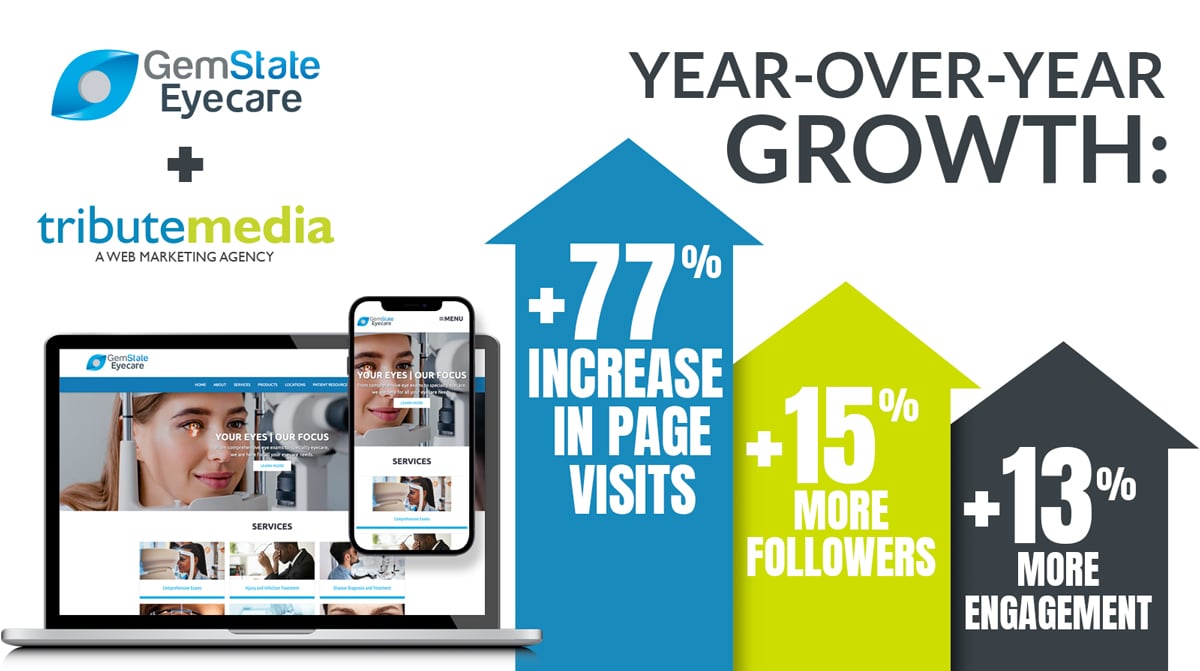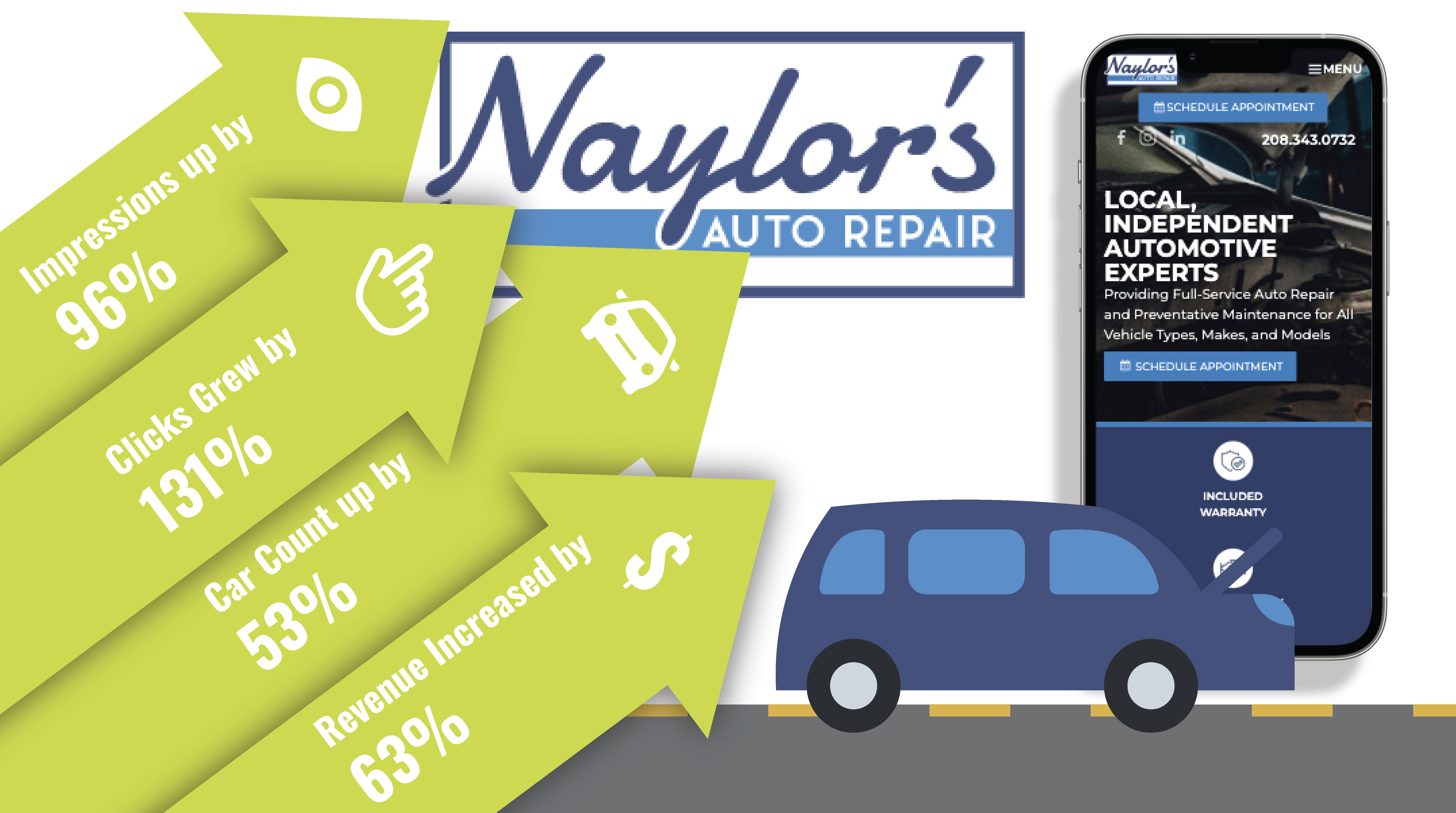Google released the Helpful Content Update this summer, marking one of the biggest shake ups in SEO this year. Our SEO specialist, Alicia, and content specialist, Emery talk about some of the key questions that stem from this update.
Inbound Marketing Blog
Creating content is one of the most time-consuming and difficult aspects of web marketing; it's also one of the most important. Many businesses find they do not have the required resources to attend to content writing, so they either put it off until they find the time (which they seldom do) or they forgo content creation entirely. Still others find that outsourcing writing offers a means to keep up on site updates and blog posting—which, when done well, benefits SEO and inbound marketing strategies.
For many businesses, having a dedicated Facebook page is a no-brainer. After all, it is the number one social media platform for both users and businesses. However, using Facebook for your business requires foresight, planning, and deliberate strategizing in order to maximize returns on your most valuable investments—time and money.
Gem State Eyecare began as a vision care clinic in Boise. In the past few years, Gem State has expanded their offerings to include specialty eyecare and ocular aesthetics, brought on another optometrist, moved to a new office in Boise, navigated a global pandemic, and recently added a second location in Moscow, Idaho.
Naylor's Auto Repair has been serving the Boise area for 30 years, so they have both experience and local recognition. But those only go so far, especially when an area is undergoing massive growth as is the case in the Treasure Valley. The owner knew establishing an online presence is a must to keep up with the competition.








.jpg)


